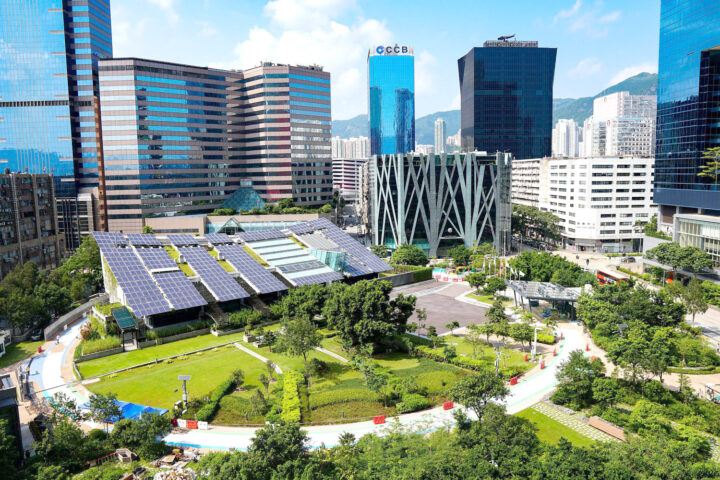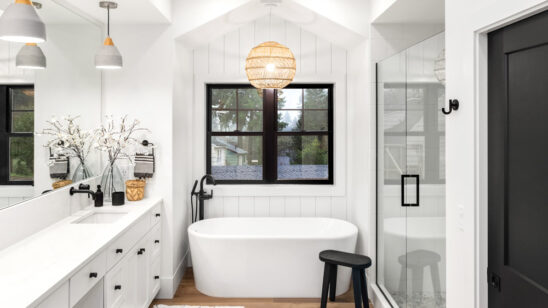
Building sustainable cities is critical for NZ’s future
Location-enabled technology may change the way Kiwis function in the future, NZTech chief executive Graeme Muller says.
As cities like Tāmaki Makaurau, Te Whanganui-a-Tara, Ōtautahi, Tauranga, Ōtepoti and Kirikiriroa expand, leaders are considering sustainability as a key driver, he says.
“We are redefining what a city is and how we interact within it. With urban population growth, a pandemic, and a housing crisis to boot, it is evident that our buildings, infrastructure, transport and resource management need to become more adaptable.”
The rise in location-enabled tech such as augmented reality, space data and GeoAI could change the way we live in the future. Tech can play its part in building adaptable and sustainable cities, Muller says.
Alison Mackie, executive director of LocationTechNZ, says new location-based technologies like digital twins will be key to helping New Zealand towns big and small deal with problems such as traffic congestion, resource management and air pollution.
“Sustainability in towns and cities includes ensuring community safety and security; maintaining high quality of life for all residents; and establish a robust economic and environmental framework for continued settlement,” she says.
“There are examples around the world of digital tech creating faster, cleaner and more convenient commutes. In Israel, users enter their location and destination, and an algorithm calculates the most efficient journey.
“Public transport is then rerouted accordingly. The system was introduced to help fight Covid-19, but if implemented permanently it is thought it could save
$25 million a year.”
Mackie says that by 2050, it is estimated that almost 70 percent of the world’s population will live in cities, making the concept of sustainable communities an efficient resolution to the constantly growing population.
“The world is seeing people innovating with location-based technologies to help tackle challenges such as congestion and climate change. With an ever-increasing global population and rising urbanisation, creating safe, resilient and sustainable cities is right at the top of the agenda,” she added.
Relevant examples in New Zealand, include the emergence of location-based apps such as U Share, Link App and Parkable, all of which were designed to reduce congestion, enable car-pooling and improve parking.
Auckland recently ranked ninth in the 2021 Global Smart City Index and Wellington ranked seventh in the 2021 Global Safe City Index.




